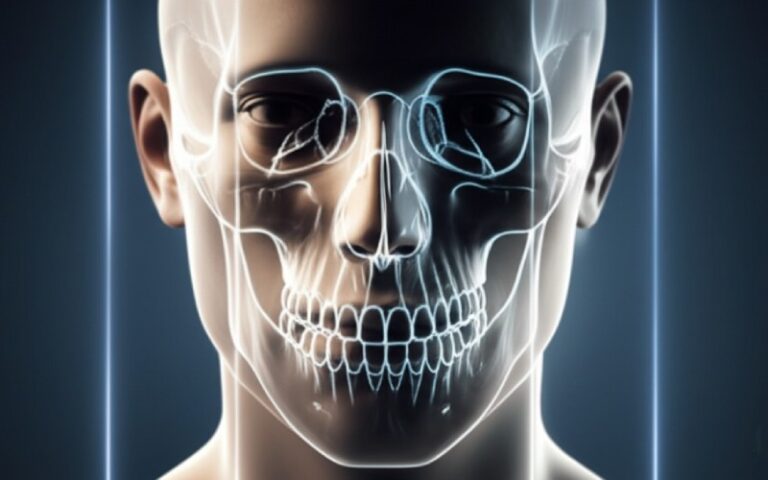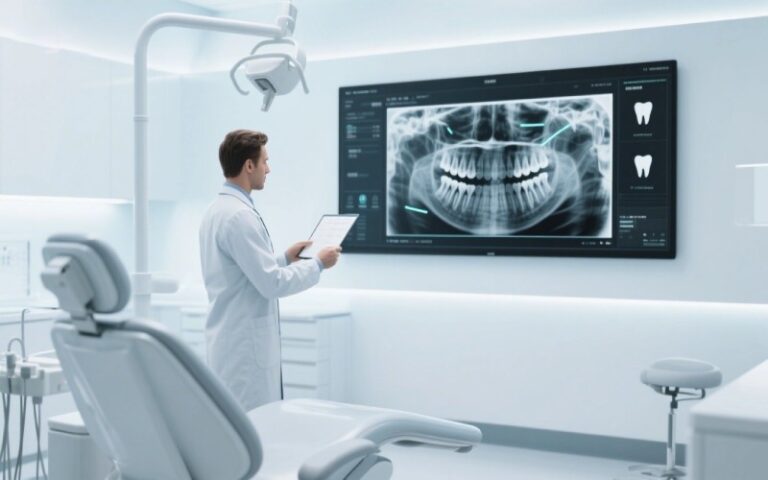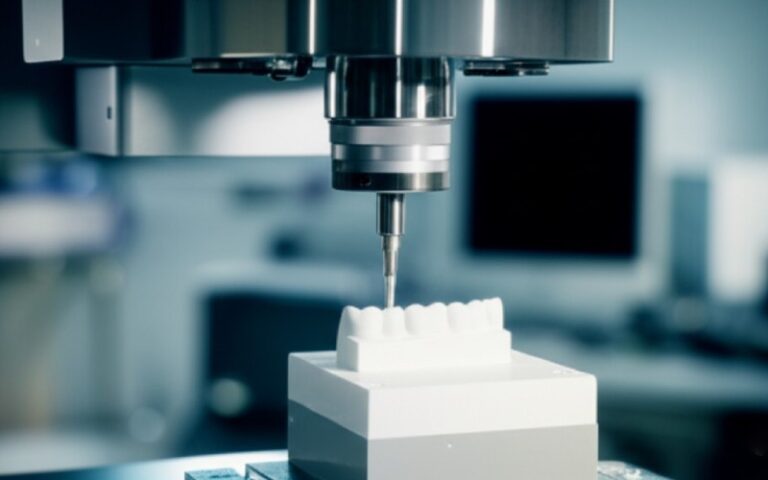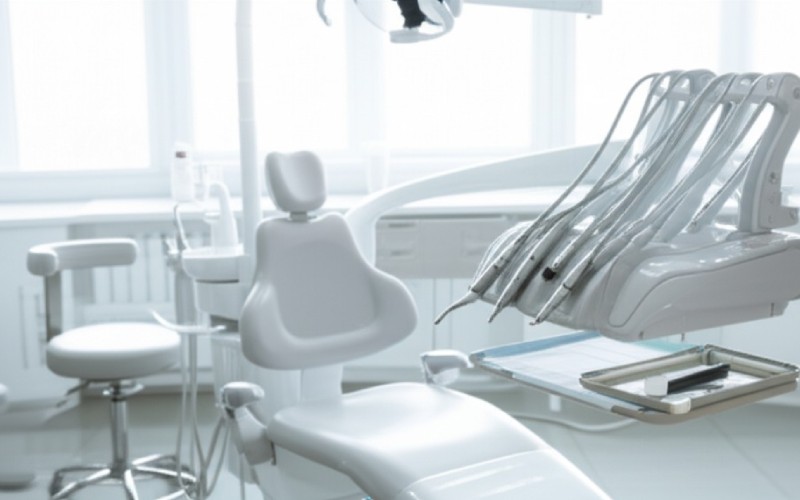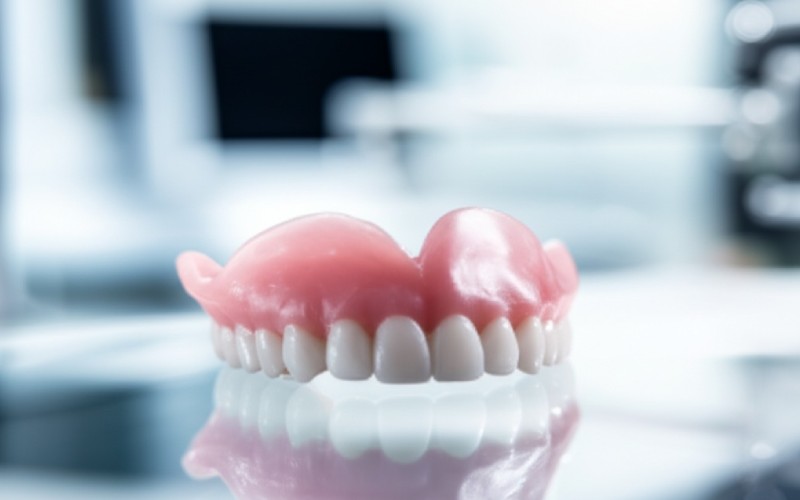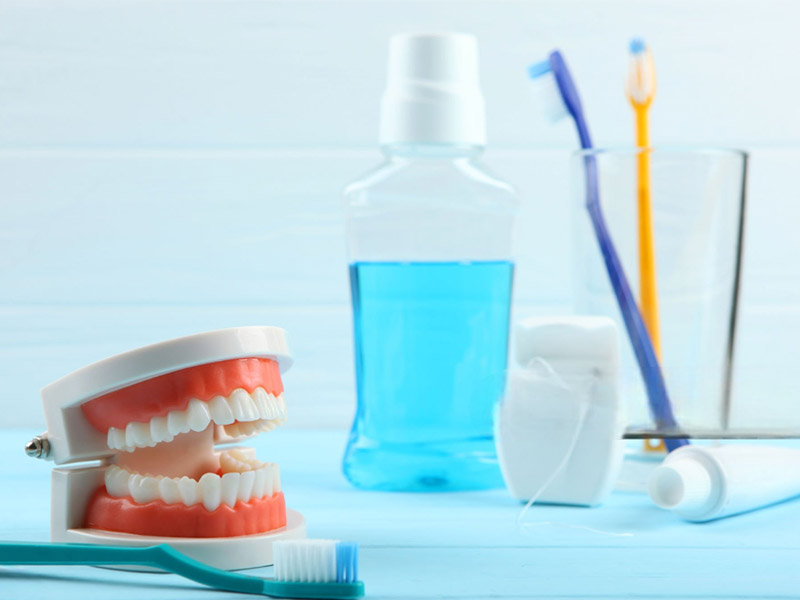
Top 10 Dental Hygiene Tips for a Lifetime of Healthy Teeth
Taking good care of your teeth and gums isn’t just about avoiding cavities; it’s about your overall health. A healthy smile can boost your confidence, but the real prize is a healthy you. In this post, I’ll share 10 dental hygiene tips that are simple, easy to follow, and can help you keep your teeth healthy for life. These are the top 10 dental secrets for a beautiful and healthy smile.
Table of Contents
Why is Good Oral Hygiene So Important for My Overall Health?
Many of us think of our mouth as separate from the rest of our body. But your mouth is a window into your overall health. Problems in your mouth can affect your entire body. Poor oral hygiene can lead to serious oral health problems, but it doesn’t stop there. The oral bacteria and inflammation from a condition like gum disease can play a role in other diseases.
Think about it. Your body is all connected. That’s why good oral health is so critical. A healthy mouth can help you maintain a healthy body. Neglecting your oral hygiene routine is a risk. Proper dental care starts with understanding this important link. This knowledge is the key to maintaining a healthy body for years to come.
How Should I Brush My Teeth for Better Oral Health?
Brushing your teeth correctly sounds simple, but there is a right way to do it. You should brush your teeth for two minutes, twice a day. Use the timer on your phone to make sure you go the full two minutes. When you brush, use gentle, circular motions. You want to clean all the surfaces of your teeth, including the front, back, and chewing surfaces.
Don’t scrub too hard! Brushing too hard can damage your gums and enamel. The goal is to gently remove plaque and food particles. Remember to brush your teeth twice a day. This simple habit is the foundation of good oral hygiene. Taking the time to brush your teeth at least twice a day is one of the best things you can do for your oral health.
Is Flossing Really Necessary for My Dental Hygiene?
A toothbrush can’t reach the tight spaces between your teeth. That’s where plaque builds up and can cause gum disease. To floss properly is to do a job your toothbrush can’t.
You need to floss between your teeth every day. Take a piece of floss about 18 inches long. Wrap it around your middle fingers and use your thumbs and index fingers to guide it. Gently curve the floss around each tooth in a “C” shape. This simple step helps keep your gums healthy and can prevent cavities and other dental issues. It’s a non-negotiable part of a good hygiene routine. To keep your gums healthy, you must floss.
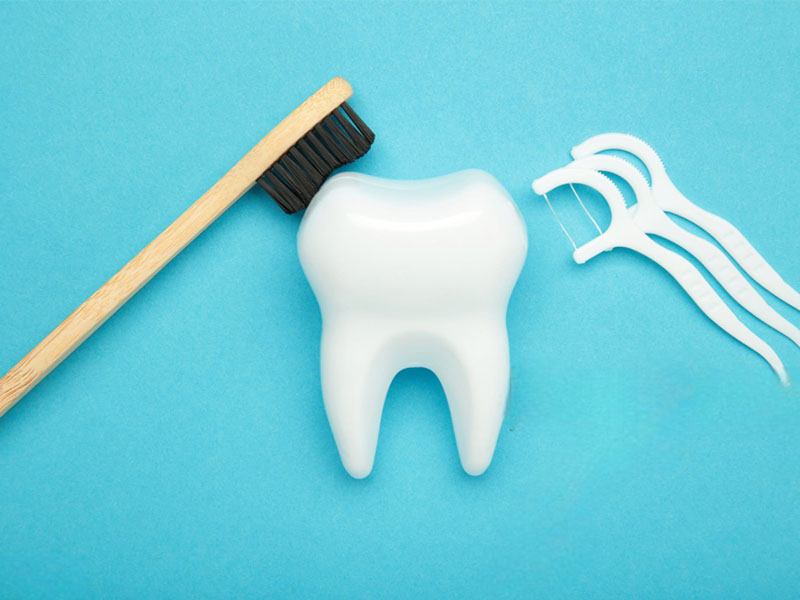
What Kind of Toothpaste and Toothbrush Should I Use?
Walking down the toothpaste aisle can be confusing. There are so many choices! There are some simple advice: always use a toothpaste with fluoride. Fluoride is a mineral that helps to strengthen your teeth and prevent cavities. It’s a key ingredient for healthy teeth.
When it comes to your toothbrush, choose one with soft bristles. Soft bristles are gentle on your teeth and gums. A brush with a small head can also help you reach those tricky back teeth. And don’t forget to replace your toothbrush every three to four months, or sooner if the bristles are frayed. A worn-out toothbrush won’t get your teeth clean. This is a simple part of your care routine.
How Does My Diet Affect My Oral Health?
Sugary foods and drinks feed the bad bacteria in your mouth. This creates acid that attacks your tooth enamel. Things like soda, candy, and even starchy foods like potato chips can lead to stained teeth and cavities. This can significantly improve your oral health.
To help your oral health, try to eat a balanced diet. Foods like fruits, vegetables, cheese, and milk are great choices. They provide the vitamins and minerals needed for strong teeth and gums. Drinking plenty of water, especially after meals, also helps wash away food particles and acid. What you eat plays an important role in your oral health.
Should I Use Mouthwash in My Daily Routine?
Mouthwash can be a helpful addition to your oral care routine, but it doesn’t replace brushing and flossing. See it as an extra step for extra freshness and protection. A good therapeutic mouthwash can help reduce plaque, prevent or reduce gingivitis, and kill bacteria that cause bad breath. It’s a good way to keep your mouth feeling fresh.
When choosing a mouthwash, look for one that has the American Dental Association (ADA) Seal of Acceptance. This means it has been tested and proven to be safe and effective. Ask your dentist if mouthwash is right for you and which type they recommend. It’s another tool you can use to maintain your oral health and fight oral health complications.
How Can I Protect My Teeth from Injury?
Accidents happen, but there are things you can do to protect your teeth. If you play sports like football, basketball, or hockey, you should always wear a mouthguard. A mouthguard is a small piece of equipment that can save you from a lot of pain and expensive dental work.
You should also avoid using your teeth as tools. Don’t use them to open packages, crack nuts, or bite your nails. These habits can cause your teeth to chip or even break. If you grind your teeth at night, your dentist might suggest a nightguard. This will mouthguard to protect your teeth while you sleep. Taking these steps is key to maintaining healthy teeth.
What Are the Signs of Poor Oral Hygiene I Should Look For?
It’s important to know the warning signs of oral health problems. If you know what to look for, you can catch issues early. Some common signs of poor oral hygiene include red, swollen, or bleeding gums. This can be a sign of gum disease. Other signs are bad breath that won’t go away, pain when chewing, and sensitive teeth.
If you notice your gums pulling away from your teeth or see any loose teeth, you should see a dentist right away. These can be signs of serious problems. Paying attention to your mouth and looking for these signs is a big part of good dental hygiene. It’s the first step to getting the help you need and preventing more serious oral health issues early.
Why Must I Visit My Dentist Regularly?
Even if you practice good oral hygiene practices at home, you still need to see a professional. Make sure to visit your dentist for regular dental visits twice a year. Your dentist and dental hygienist have special tools to remove hardened plaque, called tartar, that you can’t get off with a toothbrush. They keep your teeth and gums in tip-top shape.
These routine dental exams are also important for spotting problems before they get big. Your dentist can check for cavities, gum disease, and even screen for oral cancer. A healthy smile isn’t just about looks; routine dental visits help you maintain it. Finding problems early makes them easier and cheaper to treat. Think of your dentist as a partner in your lifelong oral health.

What Simple Steps Can I Take Today to Maintain a Healthy Smile?
Maintaining a healthy smile starts with small, daily habits. You don’t need to make huge changes all at once. Start by committing to daily brushing and flossing. That alone will make a huge difference. These are the helpful tips that lead to a lifetime of oral health.
Improving your oral hygiene is a journey. Try to add one new healthy habit at a time, like drinking more water or adding a healthy food to your diet. The key to maintaining a healthy smile is consistency. When you practice good oral hygiene every day, you are investing in a smile for years to come. Taking good care of all parts of your health, including oral health, is the best thing you can do for yourself. This is the key to maintaining a healthy and happy you.
Key Takeaways to Remember:
- Brush and floss every single day. Make it a habit to brush your teeth twice and floss once.
- Use a soft-bristled toothbrush and fluoride toothpaste to get the best clean.
- Your diet plays an important role. Limit sugary foods and drinks to protect your enamel.
- Never skip your routine dental exams. See your dentist at least once a year, or twice if you can.
- Good oral health is connected to your overall health. A healthy mouth helps support a healthy body.
- Pay attention to warning signs like bleeding gums or tooth pain, and see a dentist if you notice them.
- Protect your teeth from injury by wearing a mouthguard during sports.

